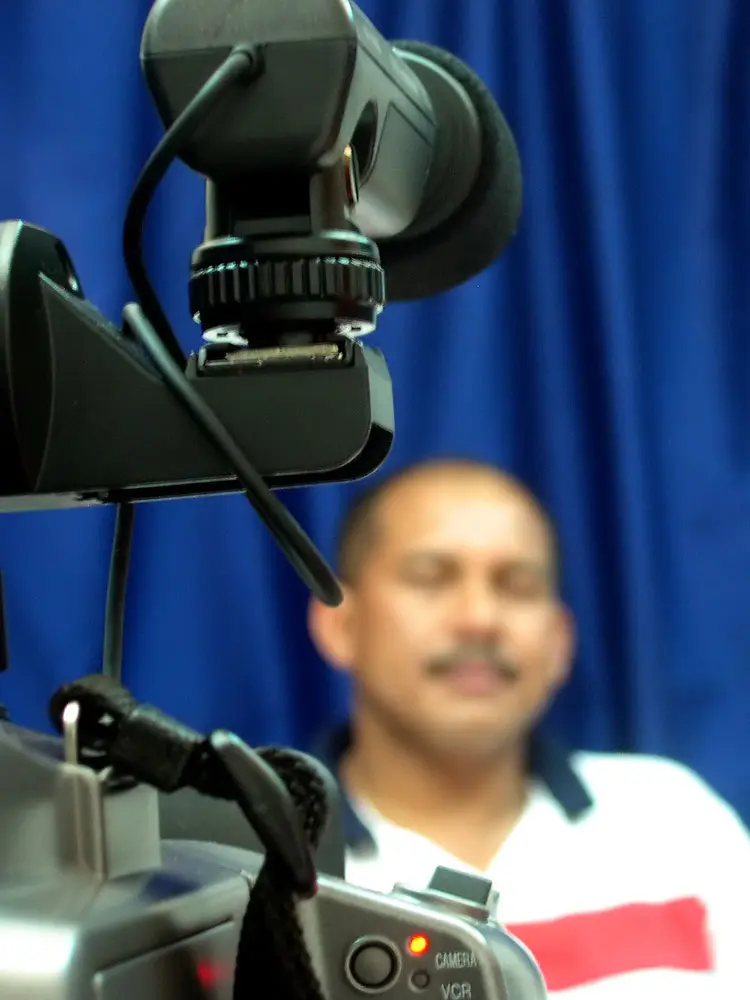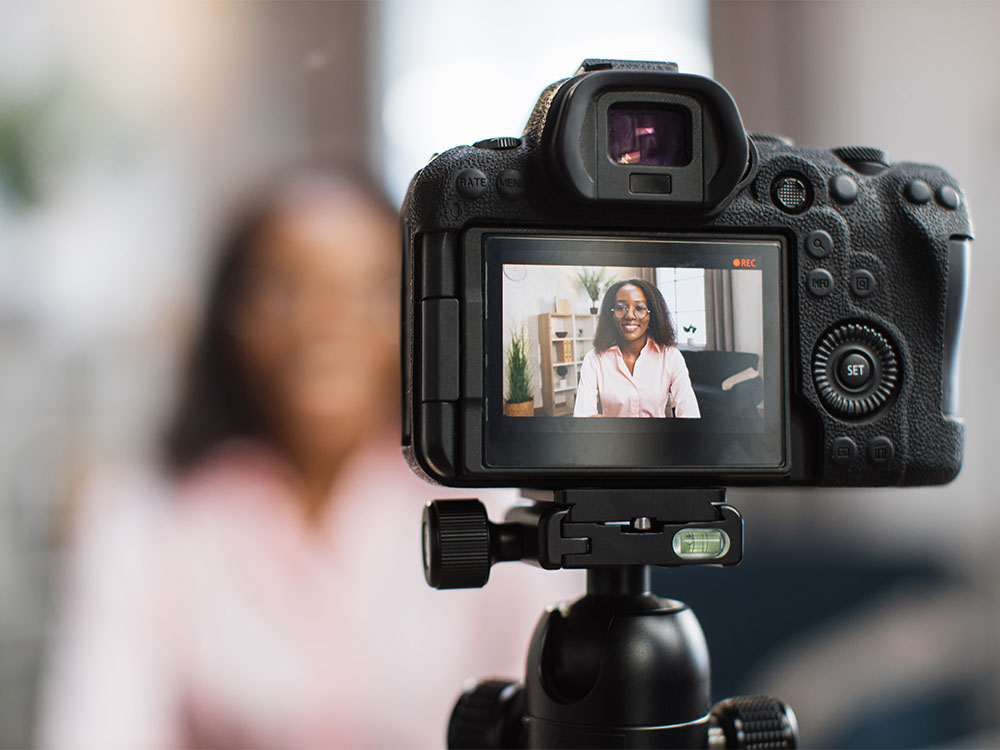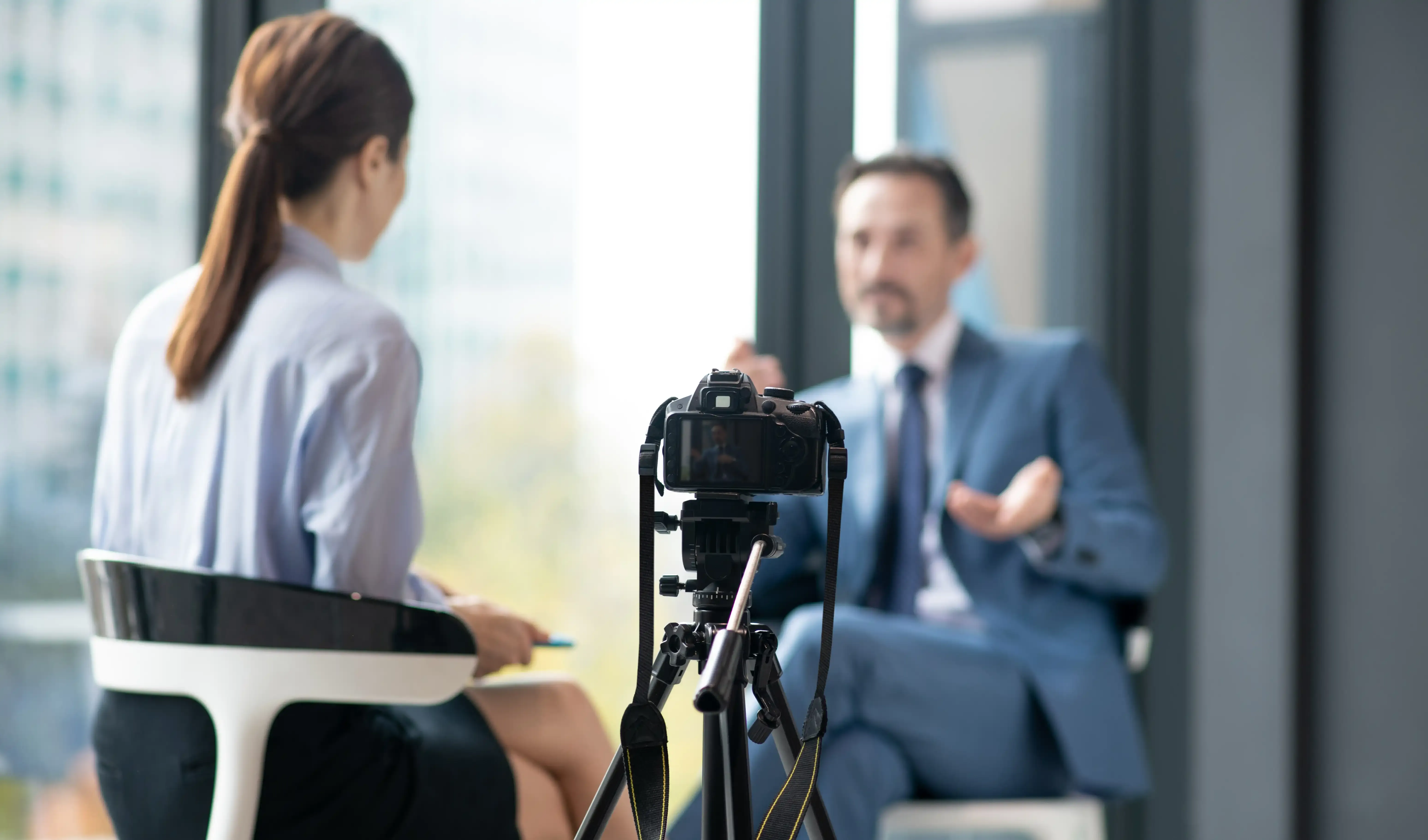The Relevance of Legal Video Depositions in Modern Legal Solutions: What You Need to Know
Legal video depositions have come to be vital in today's legal landscape. They supply a multidimensional sight of witness statements that conventional records merely can not match. By capturing both spoken and non-verbal communication, these depositions improve the general understanding of a witness's credibility. The performance of video depositions pivots on different factors, consisting of conformity with legal requirements and finest practices. Checking out these aspects discloses their true value in modern-day lawful solutions
What Are Lawful Video Clip Depositions?
Lawful video clip depositions offer as a crucial tool in the litigation process. They entail recording witness testaments in a video layout, capturing both spoken and non-verbal communication. This technique enables attorneys to record the behavior, expressions, and responses of witnesses, giving a richer context for the testimony. Usually performed in a regulated environment, these depositions are led by attorneys who ask inquiries while a court press reporter documents the discussion. The resulting video can be critical for test preparation, as it enables legal representatives to assess the credibility of witnesses and refine their strategies. In addition, legal video clip depositions can be used in various legal contexts, varying from civil disputes to criminal situations. The auditory and aesthetic aspects of video depositions enhance the presentation of evidence, making it a crucial element in the modern lawful landscape. In general, they add substantially to the effectiveness and efficiency of lawful procedures.

Benefits of Video Depositions Over Conventional Methods
Video clip depositions provide various advantages compared to traditional techniques of taking witness testaments. One substantial advantage is the ability to capture both audio and aesthetic elements, providing an extra thorough record of the witness's declarations. This double layout enhances quality and enables lawyers to reference specific nuances during test preparation. In addition, video depositions help with remote involvement, making it easier for witnesses that might be inaccessible for in-person looks because of geographical restrictions or wellness issues.Moreover, video depositions can accelerate the overall deposition procedure, reducing the time and costs associated with traveling and logistics. They also boost availability, as taped depositions can be conveniently shared amongst lawful groups and referenced at any time. This ease adds to far better case monitoring and preparation. On the whole, video depositions represent a modern-day, efficient strategy to collecting witness statements, aligning with the developing requirements of the legal profession.
The Function of Body Language and Tone in Testimonies

In legal video clip depositions, body language and tone play vital duties in sharing a witness's credibility and credibility. Nonverbal cues can provide understandings right into a witness's emotional state, affecting just how their testament is viewed. Comprehending the effect of these elements is necessary for jurors and attorneys alike when examining the integrity of a testament.
Nonverbal Communication Insights
While spoken interaction is frequently highlighted in legal testimonies, nonverbal cues such as body movement and tone play a vital duty in sharing reputation and emotion. Onlookers of depositions might note that a witness's stance, motions, and face expressions can greatly influence perceptions of dependability. For example, regular eye contact may signal confidence, while staying clear of look can recommend deceit or discomfort. Similarly, the tone of voice-- its pitch, speed, and volume-- can present sensations of sincerity or uncertainty. Legal experts must be in harmony with these nonverbal signals, as they often give important context that matches spoken words. Understanding these subtleties can enhance the effectiveness of depositions and affect the result of lawful proceedings.
Emotional Tone Impact
The emotional tone shared during lawful testaments substantially impacts just how a witness is perceived. Body movement, vocal inflections, and facial expressions play vital functions in forming the narrative of a statement. A witness showing self-confidence with constant eye contact and a tranquil tone can infuse a sense of reliability and interaction. On the other hand, indicators of stress and anxiety, such as fidgeting or a shaky voice, might result in apprehension regarding their account. The subtleties of emotional expression can affect the interpretation of facts, making it necessary for lawful experts to acknowledge these signs. In video depositions, the aesthetic and auditory parts integrate, emphasizing the importance of emotional tone in sharing sincerity and truthfulness within the lawful process.
Credibility and Trustworthiness
A vital aspect in developing credibility and trustworthiness during statements depends on the witness's body movement and tone of voice. Observers typically depend on non-verbal hints-- such as eye contact, posture, and gestures-- to evaluate a witness's genuineness. A witness who keeps eye get in touch with and displays open body language might be viewed as even more look at this website reputable and truthful than one who prevents eye contact or appears shut off. Furthermore, intonation plays a vital role; a steady, tranquil tone can enhance the reliability of the testament, while changes in pitch or volume may raise questions. Inevitably, the combination of body language and vocal tone greatly influences just how a witness's statements are gotten and interpreted in a lawful context.
Ideal Practices for Conducting Video Depositions
Carrying out video depositions requires careful planning and implementation to ensure a reliable and clear presentation of statement. First, it is very important to select a peaceful, well-lit area to lessen disturbances and protected optimum video top quality. The devices ought to be examined beforehand, consisting of cameras, microphones, and lights, to stay clear of technological concerns during the deposition.Next, parties included need to review the format and procedures ahead of time, ensuring that everyone understands their roles. The deponent must be oriented on the procedure, consisting of how to respond clearly and concisely.Additionally, preserving a professional attitude throughout the session is essential. This includes avoiding speaking over one an additional and validating that all concerns are guided properly. It is essential to record the deposition in a style that permits for very easy playback and evaluation, preserving the integrity of the testimony for future usage.
Lawful Considerations and Conformity Issues
Just how do legal factors to consider and conformity problems influence the effectiveness of video depositions? Attorneys must browse a complex landscape of guidelines, making sure that video clip depositions comply with administrative regulations and requirements. Conformity with legislations concerning privacy, authorization, and videotaping techniques is vital. Obtaining specific consent from all parties involved is necessary to stay clear of lawful repercussions.Additionally, the admissibility of video proof in court can pivot on conformity with step-by-step needs. Making certain that the tools utilized satisfies technical criteria is also essential, as low quality can undermine the deposition's reliability.Moreover, attorneys have to understand any type of particular state laws that regulate video clip depositions, as these can vary substantially. Failing to resolve these factors to consider can not just endanger the stability of the deposition yet also influence the general case method, eventually affecting the customer's lawful results.
Exactly How Video Clip Depositions Effect Court Perception
While video depositions can work as powerful devices in lawful process, their impact on court assumption is significant. The auditory and aesthetic components of video clip recordings give jurors with a much more complete understanding of witness demeanor, trustworthiness, and emotional reactions. This multimedia technique can boost the jurors' capacity to assess the dependability of testimony compared to standard text-based transcripts.Moreover, video depositions allow jurors to observe body movement, intonation, and face expressions, all of which can influence their analysis of the witness's statements. The presence of a witness on screen can humanize them, promoting compassion and link, which may sway jurors' viewpoints. Conversely, a witness that shows up incredibly elusive or undependable on video might cause adverse perceptions that influence a jury's decision. Inevitably, the vibrant nature of video depositions plays an important role in shaping how jurors analyze evidence and reach their judgments.
The Future of Video Clip Depositions in Legal Technique
As improvements in technology continue to improve the lawful landscape, the future of video depositions is positioned for significant advancement. Innovations such as expert system, online fact, and improved video conferencing devices are expected to simplify the deposition process and boost access. Legal experts may utilize AI-driven analytics to analyze witness reliability and situation strength much more effectively.Moreover, the integration of virtual reality could allow juries to experience immersive simulations of depositions, offering much deeper context and understanding. Additionally, the trend toward remote depositions is most likely to continue, providing greater versatility for customers and attorneys alike.As remote work becomes progressively normalized, video depositions will likely end up being conventional technique, minimizing costs and time restrictions related to traditional approaches. In general, these technological developments promise to improve the efficiency, effectiveness, and availability of video clip depositions in lawful method, ultimately changing how legal professionals plan for trial.
Often Asked Concerns
Exactly How Much Do Lawful Video Depositions Typically Cost?

Can Video Depositions Be Made Use Of in Any Kind Of Sort Of Situation?
Video depositions can be utilized in different sorts of situations, including civil, criminal, and family legislation. Their flexibility permits attorneys to existing witness statements efficiently, adapting to the particular needs of different legal circumstances.
What Equipment Is Needed for a Video Deposition?
To perform a video clip deposition, vital devices consists of a top notch electronic camera, microphone, lights, and a click here to find out more trustworthy recording device. Furthermore, a computer with editing and enhancing software application might be required for post-production and formatting the last video.
The length of time Does a Regular Video Clip Deposition Last?
A common video clip deposition lasts between 2 to 4 hours, relying on the complexity of the instance and the number of concerns posed. Prolonged sessions might occur, but breaks are typically incorporated for participant convenience.

Are Video Depositions Admissible in Court?
Video depositions are typically permissible in court, given they stick to legal requirements and rules of proof. Their usage enhances clearness and protects witness try this out testimony, helping in the judicial process throughout hearings and tests. Lawful video clip depositions have actually come to be necessary in today's lawful landscape. Furthermore, lawful video clip depositions can be used in numerous lawful contexts, varying from civil conflicts to criminal instances. Furthermore, video depositions help with remote engagement, making it easier for witnesses who may be unavailable for in-person looks due to geographical constraints or health and wellness issues.Moreover, video depositions can accelerate the general deposition process, minimizing the time and prices associated with travel and logistics. Making sure that the devices utilized fulfills technical criteria is likewise important, as inadequate quality can threaten the deposition's reliability.Moreover, lawyers should be conscious of any certain state laws that govern video depositions, as these can vary significantly. Additionally, the pattern towards remote depositions is most likely to continue, supplying higher adaptability for clients and attorneys alike.As remote job comes to be progressively stabilized, video depositions will likely become basic technique, decreasing prices and time constraints connected with typical techniques.